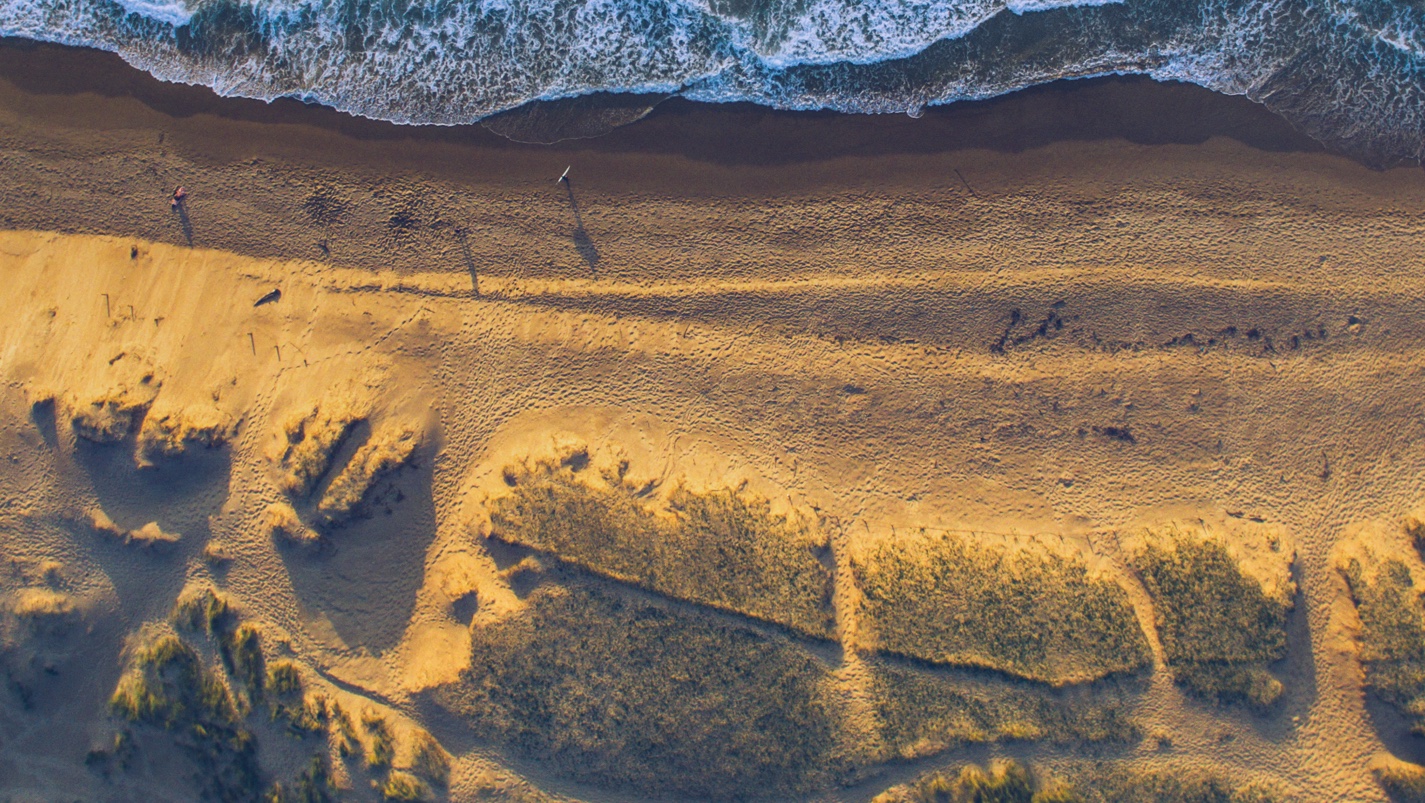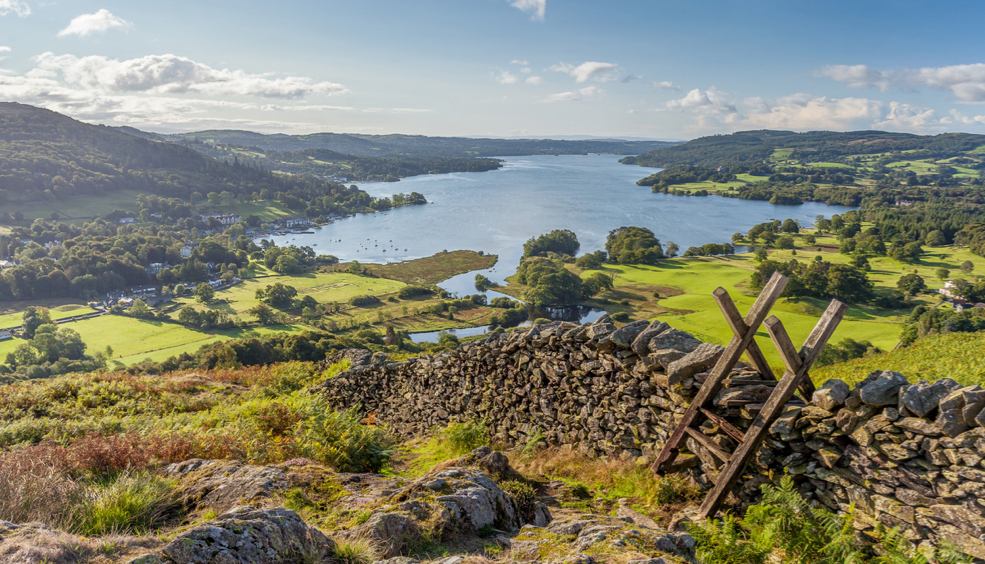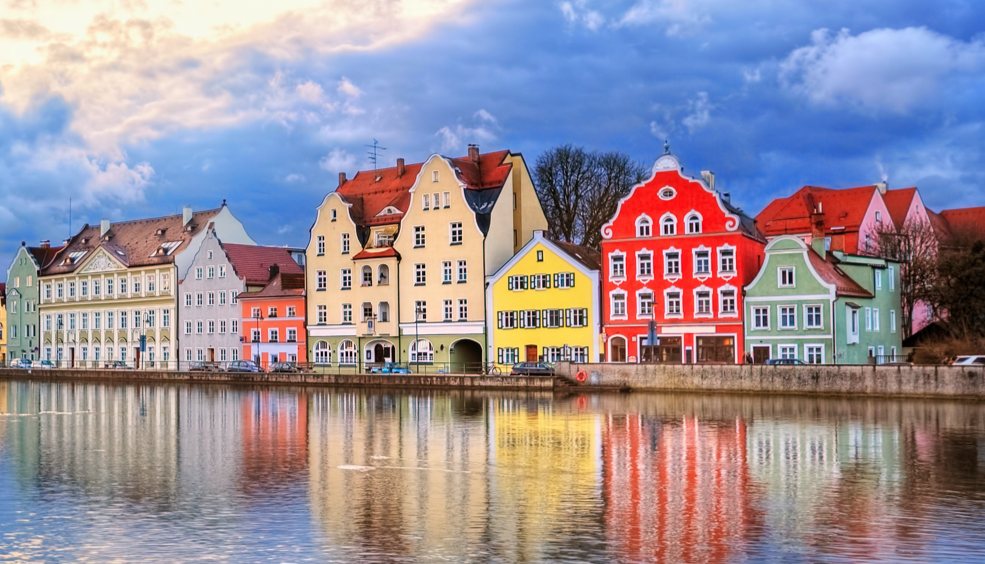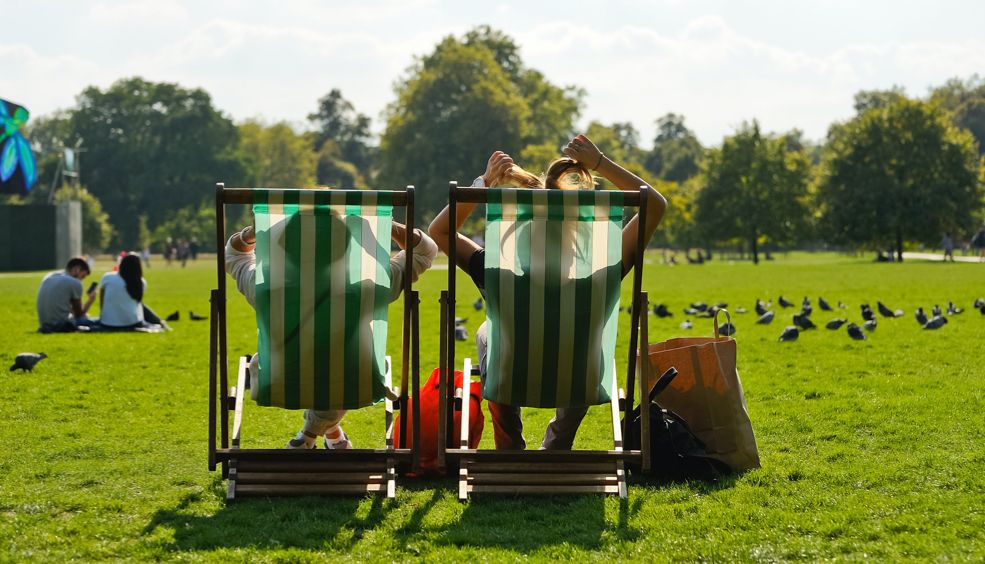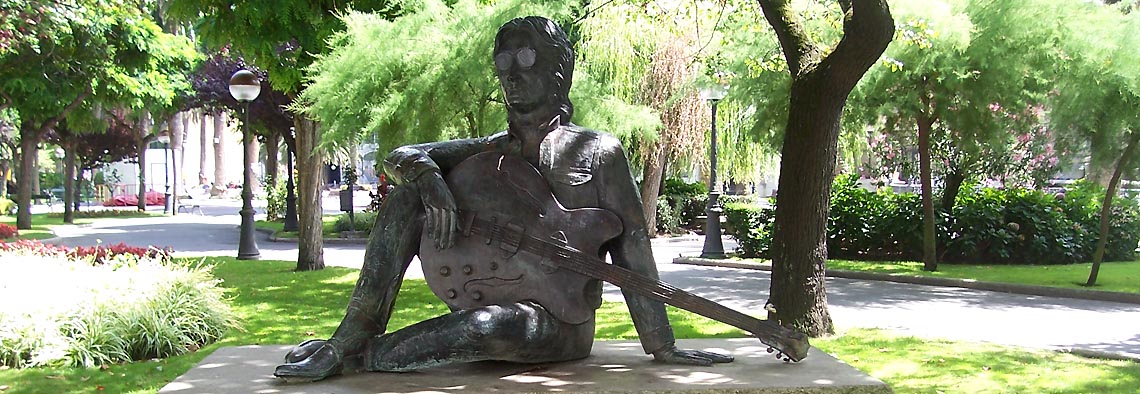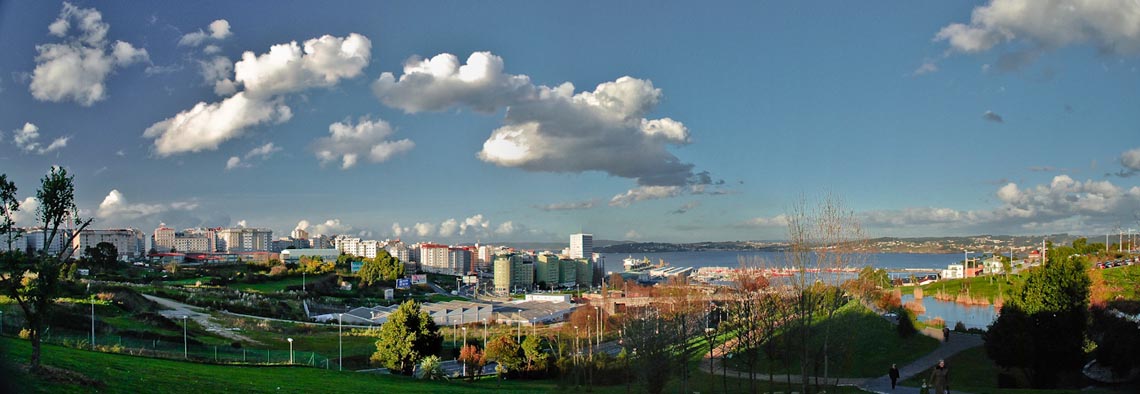Düsseldorf – the Cradle of Modern Electronic Music
07 April, 2015
Düsseldorf is the capital of North Rhine-Westphalia. In the mid-19th century it experienced economic growth fuelled by the Industrial Revolution. During the Second World War, the city was practically reduced to rubble but, thanks to the German miracle, it soon became one of the economic powerhouses of the Federal Republic of Germany.
Düsseldorf – Centre of the Avant-Garde Universe
Brian Eno once said that the Neu! experimental rock band from Düsseldorf was one of the three most inventive beats of the sixties, together with Fela Kuti’s afrobeat and James Brown’s funk. In the late sixties and early seventies, a characteristic Düsseldorf sound started to take shape, based on elements of early rock combined with those of experimental rock. Michael Rother and Klaus Dinger were the pioneers and both of them were members of Neu!, a reference model in the development of the endless machine beat typical of krautrock and, subsequently, in the early creation of Kraftwerk, the primogenitors of modern electronic music. Dinger is also credited with being the originator of themotorik beat, a rhythmic pattern based on a regular, mechanical and repetitive beat. Rother, for his part, also worked with Dieter Moebius and Hans-Joachim Roedelius, members of Cluster; they later teamed up to found Harmonia.
Kling Klang Studio
Ralf Hütter of Kraftwerk once said that the synthesizer is a psychoanalytic machine. Indeed, synths were the instruments that nourished the music of this German band, who also happened to design the world’s most modern studio in a flash. They called it the Kling Klang Studio, sited in the centre of Düsseldorf. The project was started by Ralf Hütter and Florian Schneider in 1970, but was not finished until 1975, an event marked by the release of the record, “Radio-Activity”. During the eighties, the studio was refurbished according to a modular rack design, with a view to being taken along on their forthcoming tour. It was originally sited at 16 Mintropstrasse, but in 2009 it was relocated to Meerbusch-Osterath, some 10 kilometres from Düsseldorf. This move has enabled the studio and office to be located on the same premises. The new Kling Klang includes a rehearsal room for preparing concerts.
Kunstsammlung NRW
This is where, in 2013, Kraftwerk embarked on their current 3D tour which is taking them to emblematic places across the globe to present their daring visual show, during which the audience require 3D glasses to get a much more intense sensorial experience. At Kunstsammlung, art is the central focus. The backbone of the collection is made up of 88 works by Paul Klee, while the rest are highly valuable contemporary artworks.
The Düsseldorf Scene Today
The electronic scene is currently not as solid as it was a few years ago. Loco Dice is a local artist with some international acclaim within the minimal scene headquartered here – the Desolat label. Another label based in the city is Themes for Great Cities, the home of Wolf Müller, a project by Jan Schulte, one of the most restless souls on the local electronic scene at the moment and a direct heir to the Düsseldorf sound.
Salon Des Amateurs is undoubtedly one of the most interesting clubs in the city. It is located in the heart of the art community, namely the Kunshalle, an exhibition space specialising in contemporary art. When entering the premises, one is struck by the Max Ernst sculpture. Here, the kraut tradition blends with the most select electronic avant-garde. At “The Salon”, as it is known here, the whole liturgy of dance takes place. Two of the resident DJs are Jan Schulte and Detlef Weinrich, from the legendary elektronische musik group Kreidler, who pioneered a fusion of ambient, post rock and IDM in the nineties, although their sessions are characterised by a mix of krautrock, African percussion and cosmic jazz. The name is drawn from the Salon organised by the Société Des Artistes Français, an association of French painters and sculptors who held annual events featuring the work of non-professional artists. This was the spirit of the venue in its early years, marked by a certain degree of anarchy, as reflected in the type of audience that frequented the event, from professors in their sixties to teenage skaters. Loco Dice’s Desolat label is headquartered here and makes the club the cradle of the city’s techno once again. The mission of Salon Des Amateursis to take up where Creamcheese left off as a progressive music disco, heir to the non-objective art movement that set in during the late sixties and turned out to be essential to the birth and development of the krautrock style. Then there is Ratinger Hof, a refurbished pub near the Kunstakademie, which became the epicentre of the punk movement in the seventies and eighties, and was graced by bands of the stature of Kraftwerk, Neu! and DAF.It now operates more as a club and the audience is mostly young. Speaking of clubs, most of the ones that hosted electronic underground have now closed down. Only the 102, known as Kiesgrube during the summer season, is still going strong.
Come and experience the effervescent music scene in Düsseldorf. Check out our flights here.
Text by ISABELYLUIS Comunicación
Images by Kraftwerk, Kunstsammlung, Salon Des Amateurs
07 April, 2015

